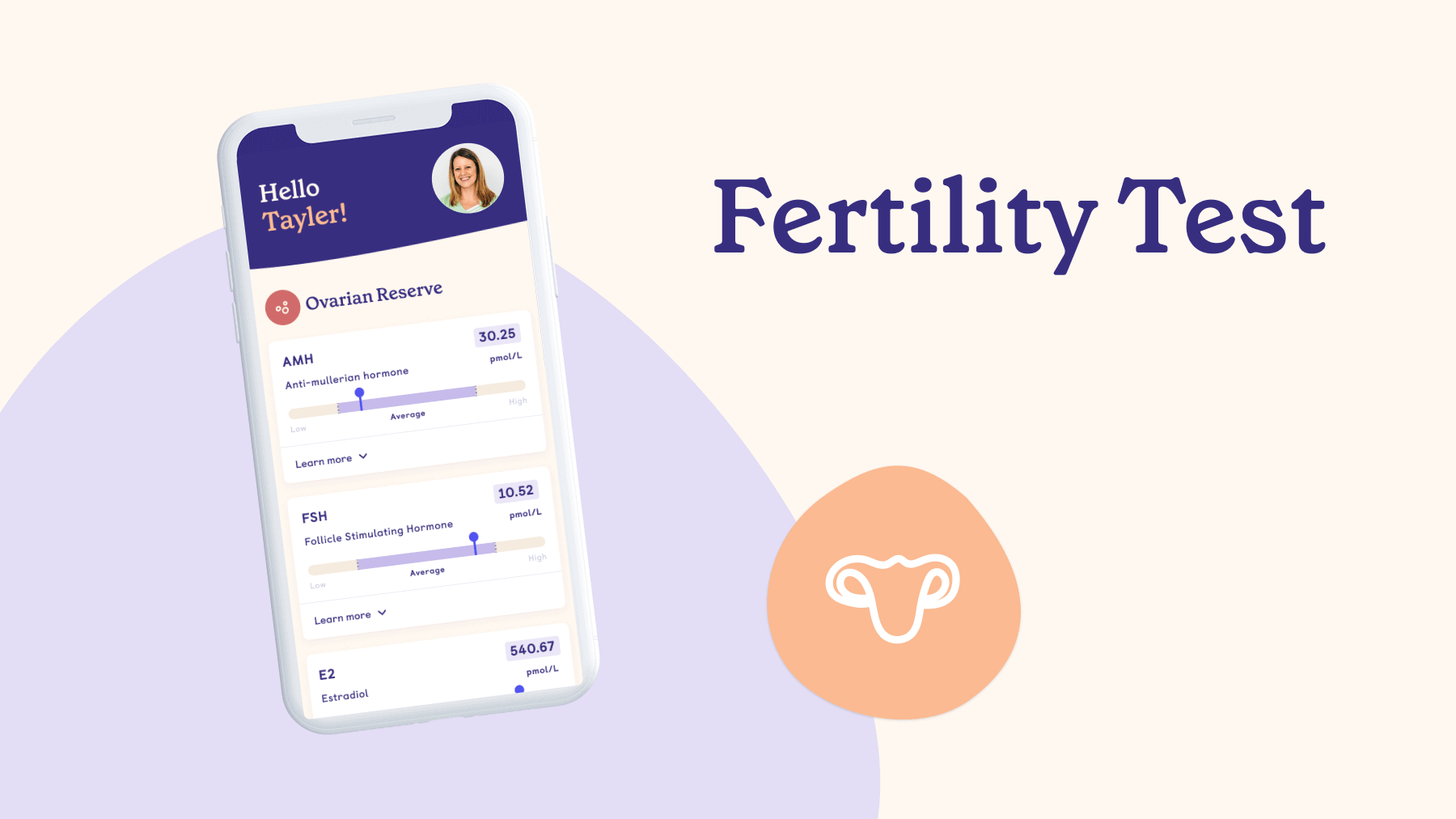Top 10 Fertility Tests Every Woman Should Know About
When thinking about having a baby or checking on your health it's good to know about fertility tests for women. These checks help you understand how your body works and if everything is okay for making a baby.
Ten essential health checks help a lot in knowing about making babies. Some checks look at your body's natural clock and signals while others look closer inside with unique cameras. These tests show where things are going and where you might need help. It's all about ensuring you have the correct information to make good decisions.
Thinking about your health and planning for a family is essential and having a friend to help guide you is excellent. That's where Trusted10.io comes in. We've got lots of information about health checks that can help you learn about your body and how it works when having a baby. This blog will give you the scoop on ten critical checks in a way that's easy to get and makes you feel more ready to make choices about your health.
Follicle-Stimulating Hormone (FSH) Test
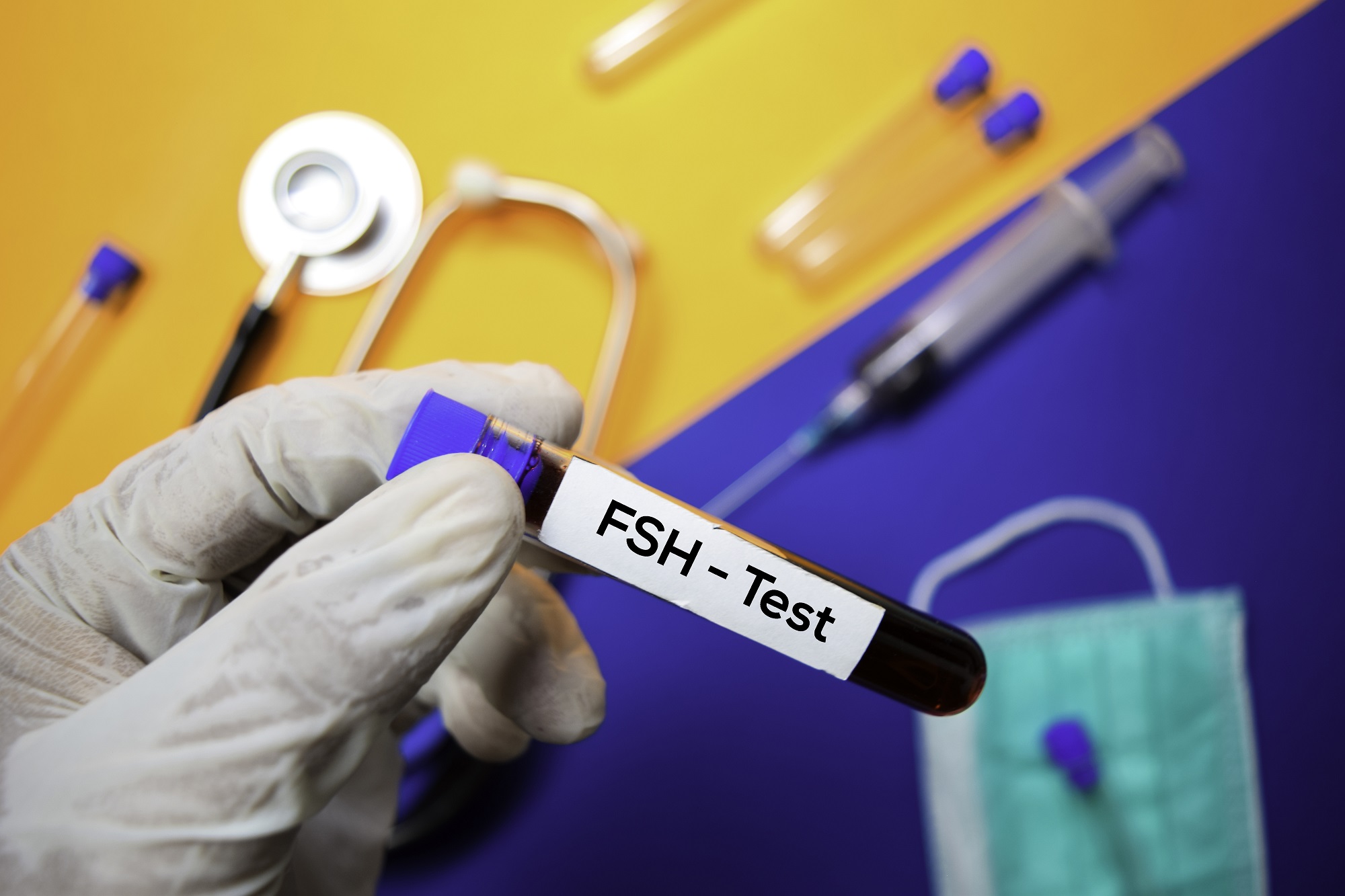
The Follicle-Stimulating Hormone (FSH) test is a simple blood test that helps doctors understand how well a woman's ovaries work. FSH is a hormone that allows a woman's body to make monthly eggs. This test checks how much of this hormone is in the blood.
Why It's Important:
- Checks Egg Health: This test helps to see if the eggs in the ovaries are healthy and ready to make a baby.
- Looks at a Special Gland: It also checks if a tiny gland in the brain works right to help make these eggs.
- Finds Certain Health Issues: The test can help find out if there are any health problems like PCOS which can make it hard to have a baby.
- Helps with Baby-Making Plans: It can guide doctors in giving the best advice or treatment to women who want to have a baby.
- Tells About Getting Older: It can hint at a woman getting closer to when she won't be able to have babies anymore.
What to Expect:
- Quick Blood Test: A nurse will take blood usually from your arm. It's fast and it only feels like a brief pinch.
- Choose the Right Day: It's essential to do this test on the particular day the doctor tells you to ensure the results are correct.
- Results Come Soon: You won't have to wait long to hear about your results usually just a few days.
- Talk with the Doctor: The doctor will explain the results after the test.
- Maybe More Tests: Depending on the results the doctor might suggest performing more tests to learn even more.
Luteinizing Hormone (LH) Test

The Luteinizing Hormone (LH) test is a helpful blood test that checks the level of LH in a woman's body. LH is an important hormone that works together with FSH to help manage the menstrual cycle and the release of an egg (ovulation). Knowing LH levels can give clues about various health concerns related to making babies.
Why It's Important:
- Ovulation Timing: This test can tell when ovulation is happening which is vital for planning the best time to try for a baby.
- Health Conditions: It helps in spotting issues like PCOS a common problem that can affect a woman's ability to have a baby.
- Checks a Tiny Brain Gland: The test can show if a small gland in the brain that controls these hormones is working properly.
- Fertility Plans: Doctors can use this information to decide on the best fertility treatments helping women who need extra support to get pregnant.
- Understanding Change: The test can also give hints about menopause a time when having babies naturally becomes less likely.
What to Expect:
- Blood Draw: Just like the FSH test a nurse will take a small amount of blood usually from the arm. It's over quickly and should only feel like a little pinch.
- Timing Matters: To obtain the most accurate information the test is often performed at a specific time in the menstrual cycle.
- Results Come Quickly: The results are usually ready in a few days so there's no long wait to find out what's happening.
- Talk It Over: After the test the doctor will help you understand what the results mean for you and your health.
- Maybe More Checks: Depending on the test results more tests might help provide a clearer picture of your health.
Estradiol (E2) Test
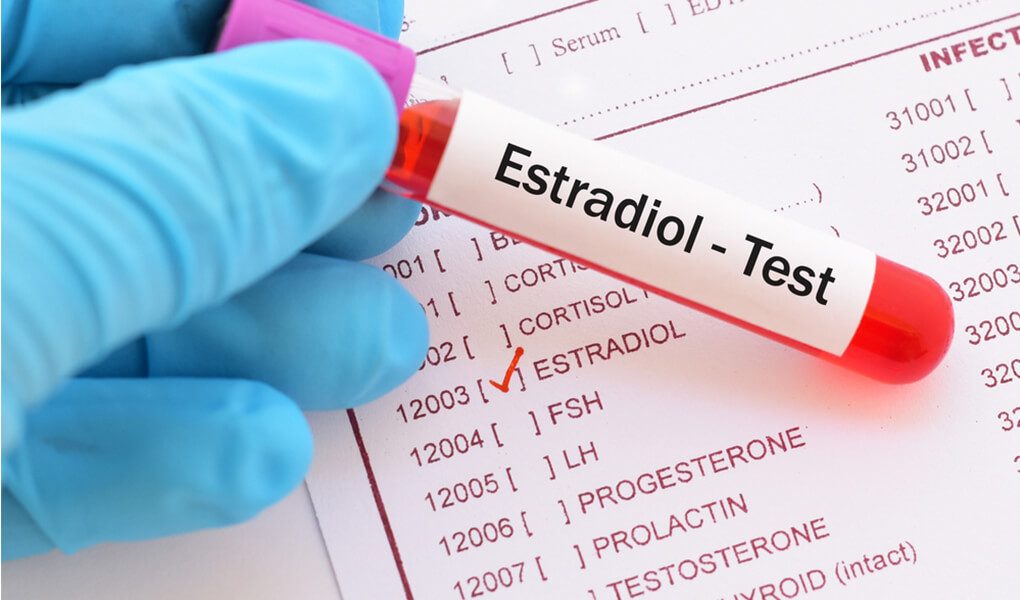
The Estradiol (E2) test is a particular blood test that checks for estradiol a critical type of estrogen in a woman's body. Estradiol is vital for the menstrual cycle pregnancy and overall health related to making babies. By looking at estradiol levels doctors can learn much about how a woman's body works regarding hormones and having babies.
Why It's Important:
- Ovarian Check-Up: This test examines the ovaries and how OK eggs prepare for pregnancy.
- Reproductive Health: It helps check if the reproductive system is healthy and working right.
- Fertility Plans: The test is crucial for women getting fertility treatments like IVF to help them have a baby.
- Menopause Help: This test allows menopausal women to monitor hormone treatments to ensure they work well.
- Hormone Balance: It's good for spotting hormone issues that could make it hard to get pregnant.
- Spotting Other Issues: The test can also help find other health problems like PCOS or tumors in the ovaries.
What to Expect:
- Blood Draw: A nurse will take a bit of blood usually from the arm to do the test. It's quick and should only hurt a tiny bit.
- Choose the Right Day: The test might need to be done on certain days of your menstrual cycle for the best results.
- Quick Results: You will usually hear back about your test results within a few days.
- Understanding Results: Your doctor will discuss what your test results mean for your health.
- Next Steps: Based on the results you should do more tests to understand your health better.
Progesterone Test
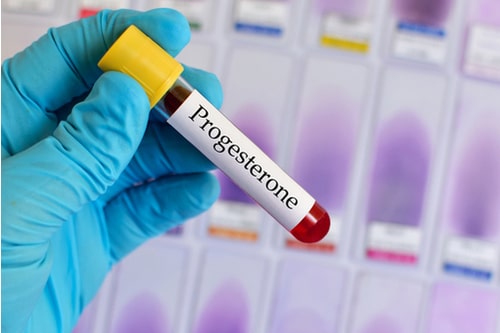
The progesterone test is a simple blood test that checks how much progesterone an essential hormone is in your body. After an egg leaves the ovary (ovulation) progesterone helps prepare your uterus if a baby starts to grow. This hormone is vital for keeping a pregnancy going in the early stages. The test helps you understand if everything's working as it should during pregnancy or if there are any issues with your menstrual cycle.
Why It's Important:
- Confirms Ovulation: This determines whether the ovary has released an egg which is essential for conception.
- Supports Pregnancy: Helps the uterus prepare for a baby and keeps the pregnancy healthy.
- Checks Menstrual Health: You can find problems with the menstrual cycle that might make getting pregnant hard.
- Helps With Pregnancy Issues: If you have trouble staying pregnant this test can give clues about what might be happening.
- Describes Hormone Levels: Provides insight into the balance of hormones necessary for a healthy reproductive system.
- Finds Other Health Issues: Can help spot conditions like PCOS or irregular periods needing treatment.
What to Expect:
- Blood Draw Time: A nurse takes a bit of blood usually from your arm. It's quick and might feel like a tiny pinch.
- Right Timing: To get the best information the test is often done at a certain time in your cycle usually after ovulation.
- Quick Results: You will get your results quickly typically in just a few days.
- Understanding Your Results: Your doctor will explain your results and whether everything looks suitable for your health and pregnancy plans.
- Maybe More Tests: Based on your results the doctor might suggest more tests to get a clearer picture of your health.
Anti-Müllerian Hormone (AMH) Test
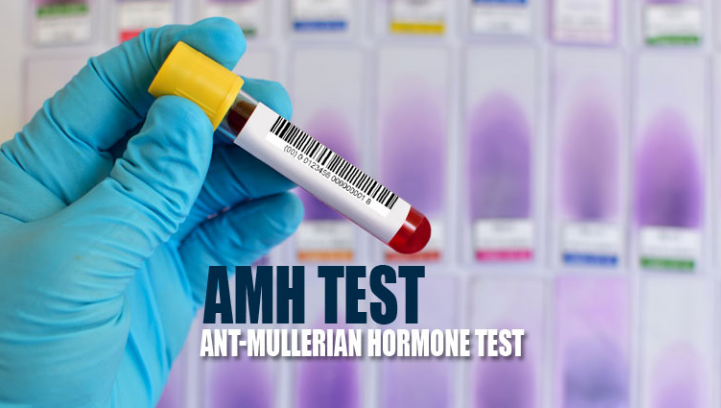
The Anti-Müllerian Hormone (AMH) test is a blood test that looks at AMH levels in the body. Tiny sacs in the ovaries which hold eggs produce AMH. This test gives a good idea of how many eggs a woman has left which helps her understand her chances of getting pregnant.
Why It's Important:
- Checks Egg Count: This tells you about the number of eggs you have which is vital for planning when to have a baby.
- Predicts Fertility Treatment Success: It helps guess how well you might respond to treatments that help you get pregnant.
- Helps With Family Planning: Gives you information to make decisions about when to try for a baby or if you might want to save some eggs for later.
- Tells About Getting Closer to Menopause: This can show if you're starting to transition to menopause the time when periods stop and it's harder to get pregnant.
- Finds Health Issues: This can help spot conditions like PCOS or early signs that the ovaries aren't working as well as they should.
What to Expect:
- Anytime Blood Test: You can take this test any day of your menstrual cycle making planning easier.
- Quick and Easy: Similar to other blood tests this one takes a small sample quickly usually from your arm.
- Results Soon: You'll usually get your test results back in a few days so you won't have to wait long.
- Talk Over Results: Your doctor will help you understand what your AMH levels mean for your fertility and what steps you might take next.
- Possible Next Steps: Depending on your results there might be more discussions or tests to help you plan for your future.
Antral Follicle Count (AFC) Test

The Antral Follicle Count (AFC) test uses a particular type of ultrasound to see and count the tiny sacs in your ovaries that could hold eggs. This count is a big clue about how many eggs you might have left which helps you understand your chances of getting pregnant. This test along with other checks gives a good picture of how your ovaries are doing.
Why It's Important:
- Tells About Egg Supply: It helps to know how many eggs you have which is vital for planning a family.
- Shows How You Might Do With Treatments: Can guess how your body will react to treatments that help you get pregnant.
- Helps With Decisions: It helps to decide on the best way to try for a baby especially with treatments like IVF.
- Gives a Heads-Up About Changes: This can show if you're getting closer to menopause when having babies naturally gets harder.
- Finds Other Conditions: It might help to see if there's something like PCOS or early signs that the ovaries aren't working well.
What to Expect:
- Ultrasound Check: A gentle and safe scan lets the doctor see inside your belly to count the follicles.
- Best Timing: You typically do this at a specific time in your cycle to obtain the most accurate count.
- Comfortable and Quick: The check is painless and doesn't take long.
- Know Right Away: You can often learn about your results during the visit so no waiting!
- Next Steps: The doctor may discuss additional tests or options with you based on what they see.
Basal Body Temperature (BBT) Tracking
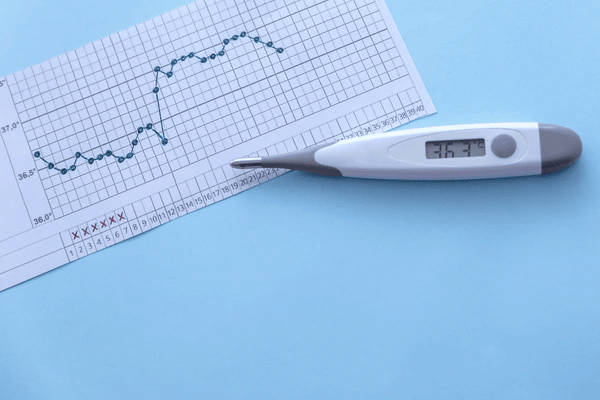
Tracking your Basal Body Temperature (BBT) involves monitoring your body temperature during periods of complete rest such as when you wake up in the morning. This method is handy for spotting small changes in your temperature that happen during your monthly cycle. After you ovulate your body's resting temperature might go up a bit and tracking this can tell you a lot about your fertility.
Why It's Important:
- Finds Ovulation Time: It helps you figure out when you ovulate by noticing the tiny rise in temperature that happens after.
- It shows the Best Days to Try for a Baby: telling you when you're most likely to get pregnant making planning easier.
- Checks Cycle Health: Gives clues about how regular your cycle is and if there might be any fertility issues.
- Diagnoses Cycle Issues: This can help determine if specific parts of your cycle like the luteal phase aren't working as they should.
- Natural Planning Tool: This tool works well for those who want to follow natural ways to plan their family.
- Works With Other Checks: Adds more information when used with other fertility tests to give a fuller picture of your reproductive health.
What to Expect:
- Morning Temperature Checks: Use a special thermometer to take your temperature every morning before you get up.
- Same Time Every Day: For the most reliable results it's important to measure at the same time each morning.
- Keep a Record: Write down your temperatures on a chart or use an app to track them.
- Look for Patterns: Watch how your temperature changes to identify your ovulation and most fertile times.
- Learn What's Normal: Understand how these temperature changes fit into your monthly cycle.
- Talk With Your Doctor: Share your tracking results with your doctor to get their advice and understand what they mean for your fertility.
Ovulation Predictor Kits (OPKs)
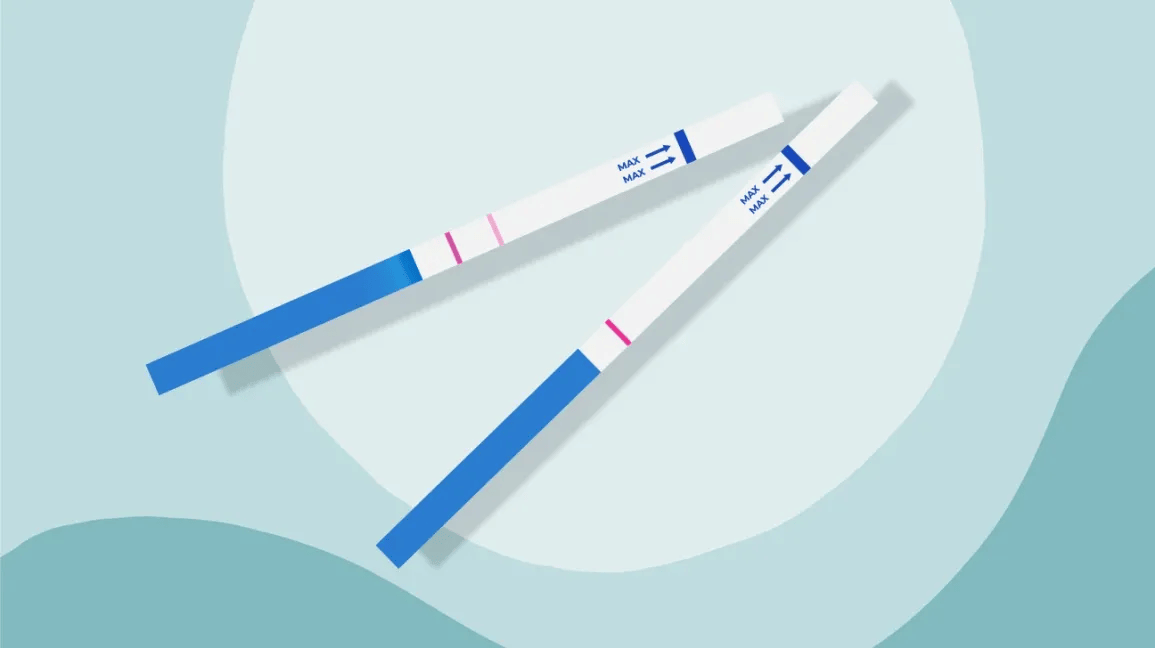
Ovulation Predictor Kits (OPKs) are handy tools that tell you when you're most likely to ovulate. They work by finding a considerable increase in the luteinizing hormone (LH) in your pee which happens just before an egg is released from your ovary. Using OPKs is a simple way to figure out your most fertile days making it easier to plan for a baby.
Why It's Important:
- Finds Your Fertile Days: This shows when you're about to ovulate so you know the best time to try for a baby.
- Boosts Your Chances: Knowing your fertile days can help if you're trying to get pregnant.
- Easy to Use at Home: You can use these kits at home making it a private and convenient choice.
- Can Spot Some Issues: Sometimes the kits can help find problems like when ovulation isn't happening.
- Affordable Option: You can buy them at many stores or online but they are fairly pricey.
- Helps You Learn: Using OPKs can teach you much about your body and how it works each month.
What to Expect:
- Simple Tests: You'll dip a stick or strip into your pee. It can tell you if your LH is going up.
- When to Test: You can choose the best time to take the test which makes it flexible.
- Keep an Eye on Patterns: It might take a few tries to see the pattern and get the timing right.
- Not Always Perfect: Sometimes the tests might get it wrong so it's good to use other ways to track ovulation.
- Feel More Sure: Knowing your fertile window can make you feel more confident when planning for a baby.
- Think About Your Cycle: If your periods are irregular talk to a doctor about the best way to use OPKs.
LetsGetChecked Female Hormone Test
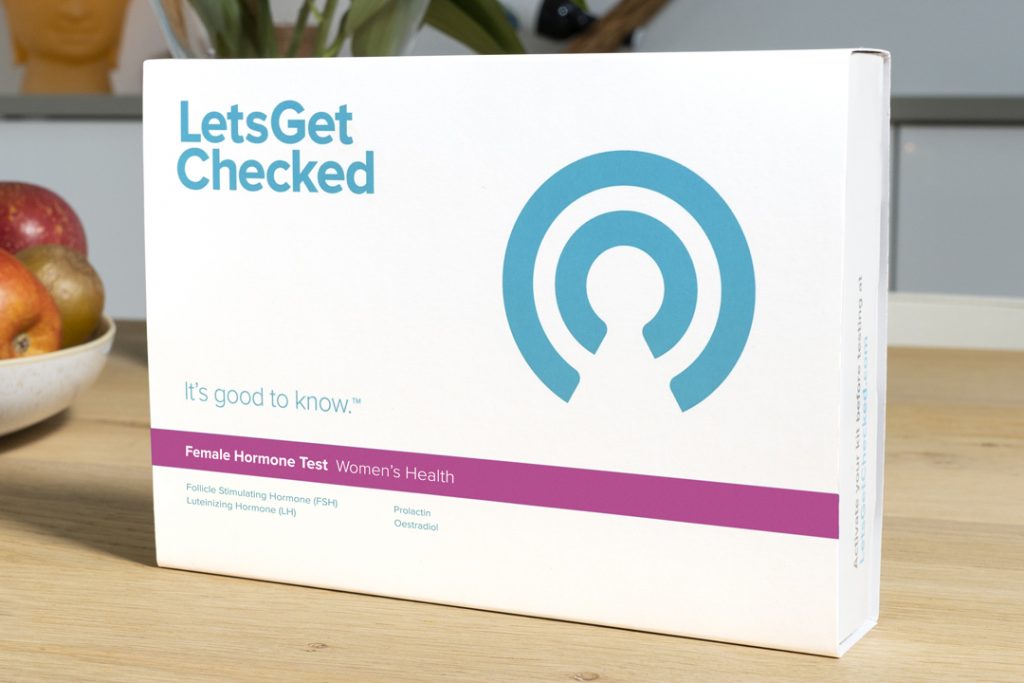
The LetsGetChecked Female Hormone Test is a handy kit you can use at home to check essential hormones that affect your periods and your chances of having a baby. It looks at estrogen progesterone and testosterone to give you a complete picture of what's happening in your body.
Why It's Important:
- Checks Key Hormones: Look at estrogen progesterone and testosterone to see if they're balanced.
- Finds Imbalances: It helps spot any hormone levels that aren't right which can affect your ability to have a baby or your period's health.
- Personal Health Plan: Gives you information to help make the best plan for your reproductive health.
- Understands Body Signals: Helps you get why your periods might be off or if you're having trouble getting pregnant.
- Keep an Eye on Health: It simply lets you check in on your hormone health which is good for your overall well-being.
- Private and Easy: You can do this test at home making it a private and straightforward way to learn about your health.
What to Expect:
- Easy Instructions: The kit has simple steps for collecting a sample at home.
- User-Friendly Test: The testing process is made to be easy to follow.
- Insightful Results: You'll learn about estrogen progesterone and testosterone levels.
- Spot Issues Early: The test can help find any hormone imbalances before they cause more extensive health problems.
- Works With Other Health Checks: You can use this test with other health tracking tools to better view your well-being.
- Professional Advice: After the test healthcare experts can help you understand your results and what to do next.
Modern Fertility Hormone Test
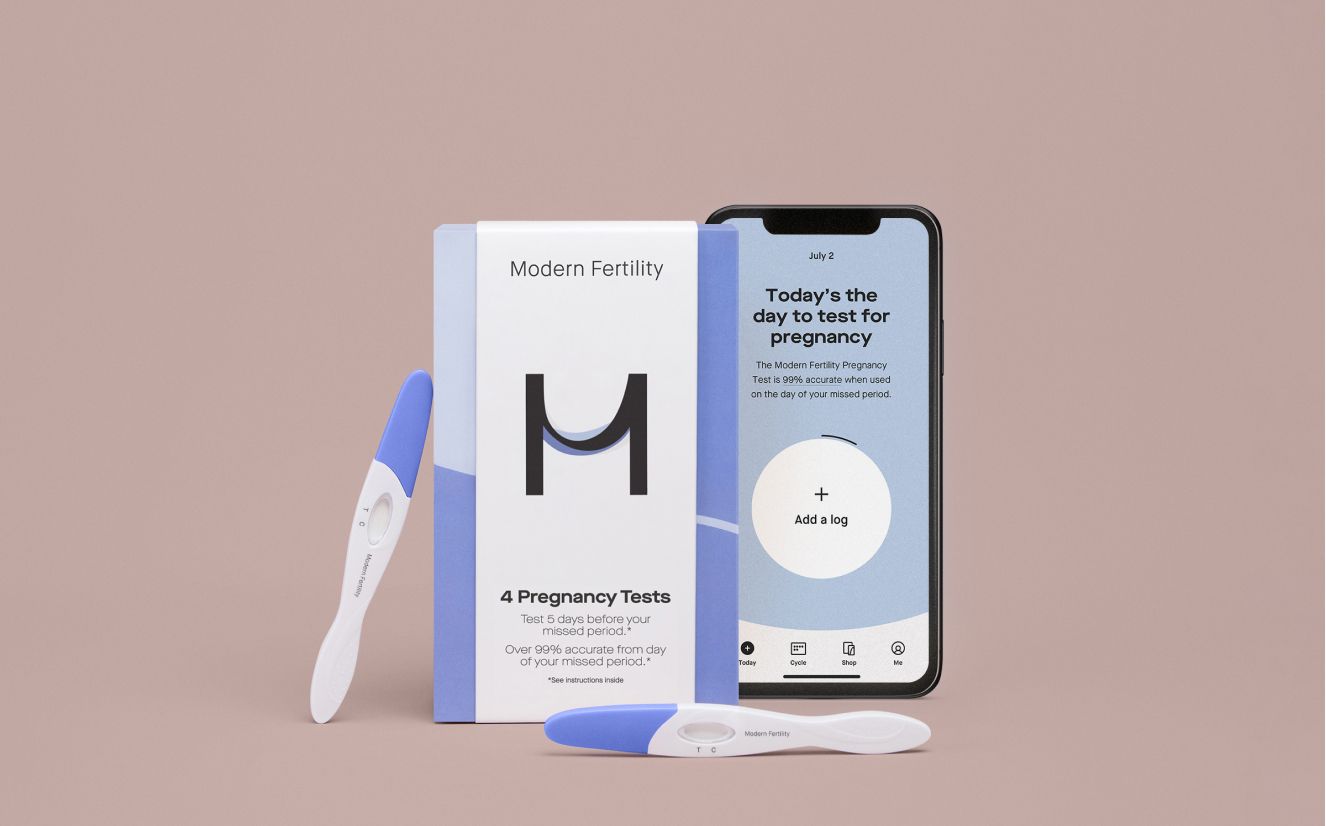
The Modern Fertility Hormone Test is a detailed at-home kit that helps you check on essential hormones related to having a baby. You can easily perform it at home examining hormones such as AMH FSH LH and estradiol. These hormones can tell you a lot about your eggs how your body is working to make babies and if there might be any issues to look at.
Why It's Important:
- Looks at Egg Supply: The test checks AMH levels to determine the number of eggs you have left.
- Checks Hormone Health: It also looks at FSH LH and estradiol to see how well your reproductive system works.
- Helps With Baby Planning: Knowing about your hormones can help you decide when to try for a baby or if you need help.
- Gives You Power: This test provides you with a lot of useful information so you can be proactive about your fertility.
- Helps With Big Decisions: It assists in making decisions about your future such as whether you're considering freezing eggs or pursuing fertility treatments.
- Easy to Check at Home: You can complete it in your own space ensuring privacy and convenience.
What to Expect:
- Everything You Need: The kit comes with everything for collecting a hormone sample at home with easy instructions.
- Friendly Testing: We designed the test to be user-friendly so you should have no trouble completing it.
- Insightful Results: You'll learn details about your fertility such as the number of eggs you might have and the balance of your hormones.
- Spotting Imbalances Early: The test can help find any hormone issues early on which can be helpful.
- Works Well With Other Methods: For a fuller picture you can use this test along with other methods of tracking your fertility.
- Doctor Chat: It's a good idea to discuss your results with a healthcare provider who can help you understand what they mean for you and your plans.
Conclusion
We've discussed ten necessary checks that help you understand your body and make babies. From simple tests like the FSH and LH to special ones like checking the little sacs in your ovaries and the Modern Fertility Test each gives you essential clues. Knowing these can help you plan for your family or better understand your body.
Learning about these tests is excellent but talking to a doctor is a brilliant next step. They can look at your test results and tell you what they mean. They can help you decide what to do next and support you on your journey to understanding your body and planning for a baby.
Trusted10.io is like a helpful friend with lots of good information and support. They're here to help you understand all about these tests and more. With us you're not alone. They have many resources and advice to help you feel confident and informed about your body and choices.
